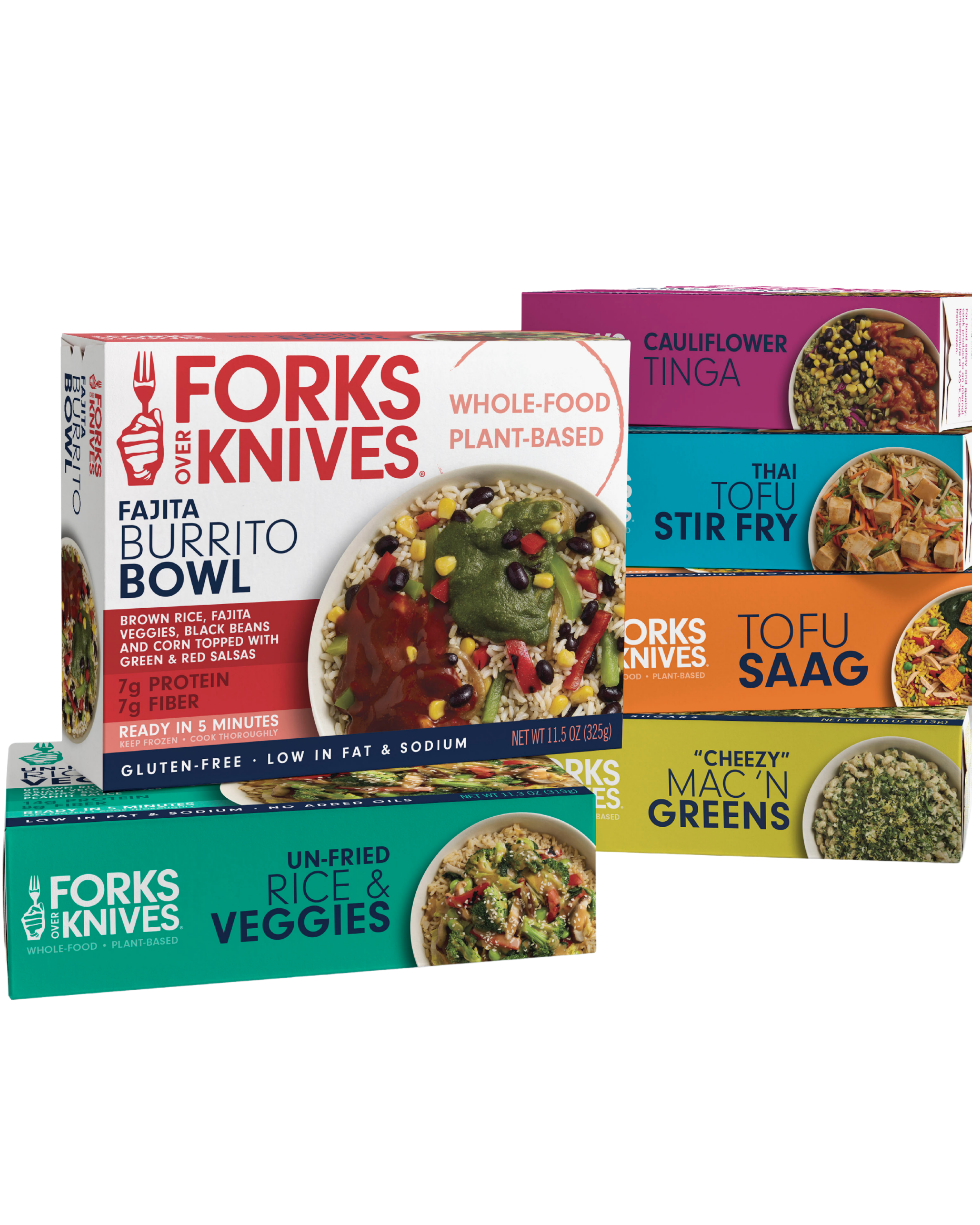A study published in the June 2021 issue of Cancer Discovery sheds new light on how eating red meat may promote the growth of colorectal cancers.
Numerous studies have linked colon cancer and red meat consumption, prompting the World Health Organization to classify red meat as a probable carcinogen in 2015. Still, scientists have been unable to tease out the exact nature of the relationship.
"What [has been] missing is a demonstration that colorectal cancers ... have a specific pattern of mutations that can be attributed to red meat," said lead author Marios Giannakis, MD, PhD, an oncologist at Dana-Farber Cancer Institute and assistant professor of medicine at Harvard Medical School.
To understand the biological mechanisms by which red meat might in fact cause cancer, Giannakis and a team of researchers pooled data from three prospective cohort studies: the Nurses’ Health Studies I and II and the Health Professionals Follow-Up Study. These large-scale, long-term studies followed participants for decades, collecting extensive information about their diets and lifestyles and monitoring their health outcomes. During the course of these studies, 4,855 participants developed colorectal cancer.
For their review, Giannakis and his team focused on 900 participants from whom tumor tissue samples had been collected. They segmented these participants into groups based on the amount of red meat that they ate, and used DNA sequencing and tissue samples to identify any patterns among the different subsets.
When looking at tumors from the group who ate the most red meat, a common trait stood out: They tended to show signs of alkylation, a type of DNA damage that can lead to cancer-causing genetic mutations.
Notably, the researchers also found that of the 900 colorectal cancer patients included in their review, those whose tumors had the highest levels of alkylating damage were 47 percent more likely to die of colorectal cancer than those whose tumors had the lowest levels of alkylating damage.
Mounting Evidence
The study authors note that these findings “provide molecular evidence” that red meat is likely carcinogenic.
"The accumulation of evidence is mounting," Giannakis said in an interview with Healio. "Individuals should consume a balanced diet, rich in fruits and vegetables, and avoid high intake of red meat."
Colon cancer is the third-most common cancer in the United States, excluding skin cancers. Since the mid-1980s, as more people have been getting screened, the U.S. has seen a drop in the incidence of colon cancer overall. However, among adults under 50, the rate has been incrementally increasing since the mid-1990s.
To learn more about a whole-food, plant-based diet, visit our Plant-Based Primer. For meal-planning support, check out Forks Meal Planner, FOK’s easy weekly meal-planning tool to keep you on a healthy plant-based path.
Related News
Get Our Best Price On The Forks Meal Planner

Forks Meal Planner takes the guess work out of making nutritious meals the whole family will enjoy.
Master Plant-Based Cooking!

Our new course features over 100 lessons, 50+ recipes, downloadable guides, and more!
New Frozen Meals!

Introducing our new frozen meals: Doctor-recommended, chef-crafted, & ready in minutes.




